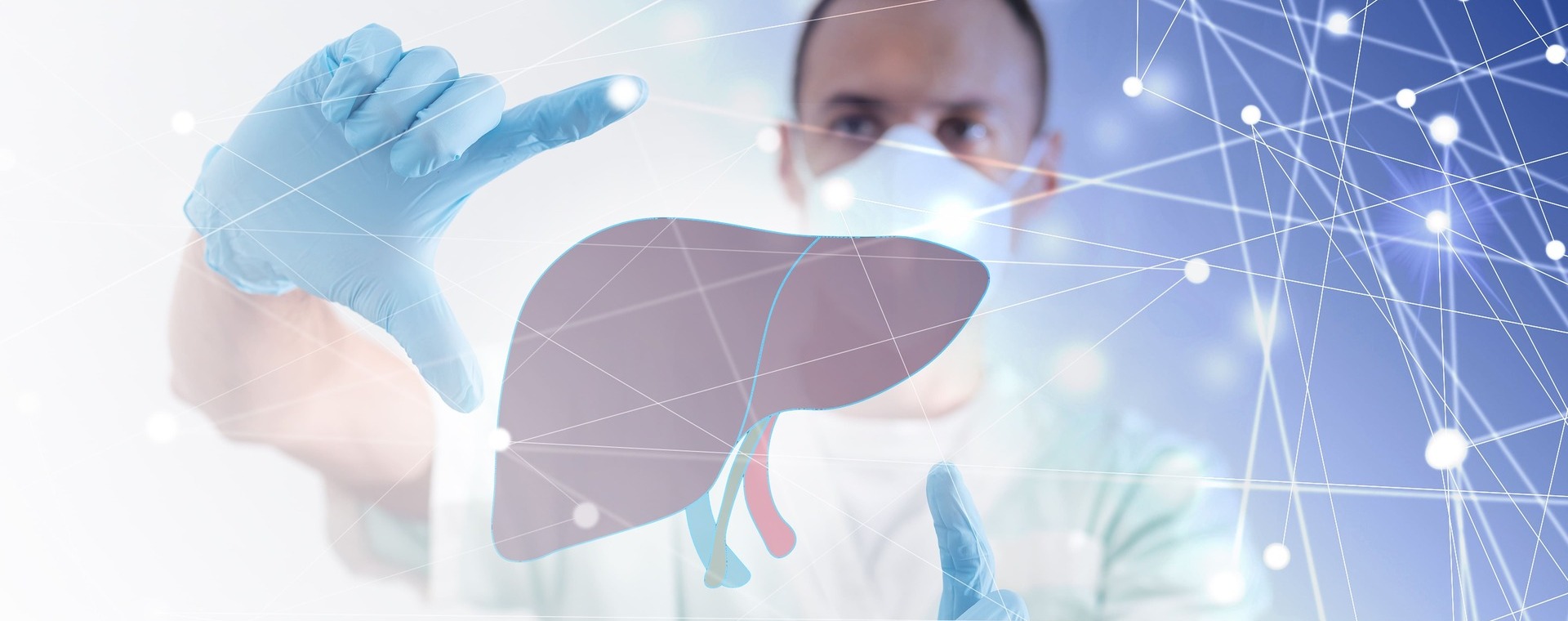03/06/2024
Innovation in the field of transplants: Italian research sheds light on mechanisms underlying rejection in liver allografts
The Italian Liver Foundation, in collaboration with the Liver Transplant Centre of the “Friuli Centrale” University Health Authority and Area Science Park, publishes an experimental study in the journal Annals of Hepatology
Il Parco - Diagnostica
Trieste, 28 May 2024 – A team of Italian researchers published a study in the “Annals of Hepatology” that represents a significant advancement in transplant medicine. The study sheds light on the molecular mechanisms that influence the success of liver allografts. The Italian Liver Foundation Onlus, the Liver Transplant Centre of the “Friuli Centrale” University Health Authority and Area Science Park with the Genomics and Epigenomics Laboratory worked together to write the article. It gives a thorough look at how genomics and epigenomics affect transplanted liver.
Allograft – the transplant of organs or tissues between two individuals of the same species – involves rejection risks due to the recipient’s immune system recognising the transplanted tissue as foreign. The study focuses on how variations at the genomic and epigenomic levels – the latter is a field that examines changes in gene expression that do not involve changes in the DNA sequence – can influence the recipient’s response and the outcome of the transplant.
The results of the study provide new insight into how transcriptomic changes, that is, changes in the transcription of DNA into messenger RNA, can contribute to the initial damage to the transplanted liver, the recurrence of chronic disease, or organ rejection. This research opens up new perspectives for preventing these complications, thus improving the chances of the success of liver allografts and the quality of the patients’ life.
“The project – states Pablo Giraudi of the Italian Liver Foundation – involved the collection, at the time of surgery, of liver biopsies and blood samples from patients who have undergone a transplant due to various chronic liver diseases (including liver cirrhosis due to viral infections such as hepatitis C and B, alcoholic cirrhosis, cirrhosis associated with non-alcoholic steatohepatitis and cryptogenic cirrhosis) and the use of DNA and RNA obtained from the respective biopsies. Analyses with specific bioinformatic platforms allow us to obtain information on the expression of genes that is useful in a personalized therapy and diagnostic/prognostic biomarkers”.
“This project – explains Danilo Licastro, head of the Genomics and Epigenomics Laboratory of Area Science Park – allowed us to apply our research knowledge in an integrated and organic way. Our laboratory produced and analysed information regarding RNA sequence and the status of DNA methylation for all the samples provided by our partners. The result of this scientific project was only possible because of the high degree of collaboration between the two research structures, and it constitutes a fundamental step towards continuing on from research towards clinical-diagnostic application on a large scale. We are confident that the results of this experimentation will be the starting point for further studies also involving other international institutes”.
“This is a pioneering experimental research project – affirms the scientific Director of the FIF, Claudio Tiribelli – which, by generating big data, will make it possible to create databases that will be useful for initiating collaboration in digital health based on artificial intelligence models towards a more personalized type of medicine, such as, for example, the use of immunosuppressants which are more suitable to the patient, in order to avoid rejection of the transplanted organ. It is also proof that the interaction between scientific and clinical realities makes it possible to achieve high-level results.”
“Area Science Park’s choice to enhance investment in cutting-edge laboratories and technologies increases internal skills in the Life Sciences sector and strengthens collaboration with research institutions on large projects of common interest that have a significant social impact, ” declared the President of Area Science Park, Caterina Petrillo.
“The achievement of the established objectives – states the President of the FIF, Decio Ripandelli – will lead to the continuation of the important relationships among the various bodies involved, for the definition of new directions in national and international research and the training of highly specialised human resources, with a consequent increase in local and foreign collaboration”.